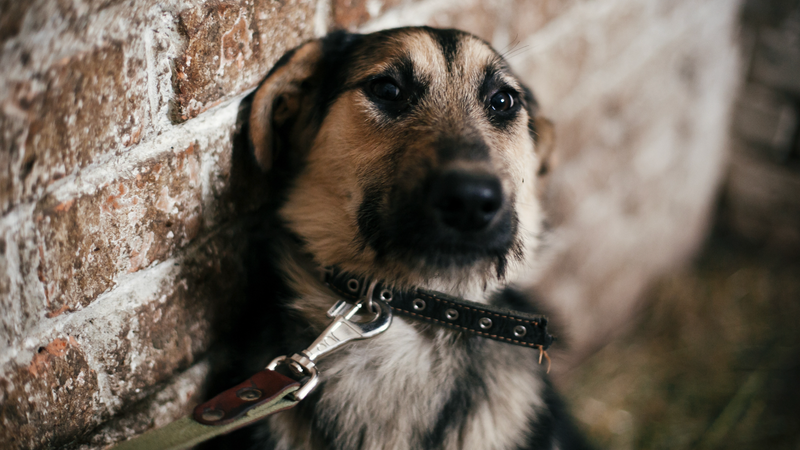
How Can You Tell If Your Dog Is Experiencing Anxiety?
Today, we are going to talk about a topic that can sometimes be a bit difficult to deal with: anxiety in dogs. As much as we love our furry friends, they can also experience fear and worry just like us humans do. So, let's dive in and learn more about what causes anxiety in dogs and what we can do to help our four-legged friends feel more relaxed and comfortable.
First things first, what is anxiety in dogs?
Anxiety in dogs is a state of heightened fear and worry that can be caused by a variety of factors. Dogs can experience anxiety due to environmental factors such as loud noises, unfamiliar surroundings, and changes in routine. They can also experience anxiety due to health issues, separation from their owners, or even genetics. Just like humans, every dog is unique, and the causes and symptoms of anxiety can vary from one individual to another.
So, how can you tell if your dog is experiencing anxiety?
Dogs may show signs of anxiety in many different ways, and it's important to pay attention to your pet's behaviour to recognise any changes. Some common signs of anxiety in dogs include pacing, shaking, excessive barking, destructive behaviour, and loss of appetite. If you notice any of these signs, it's important to talk to your veterinarian about potential causes and solutions.
So, what can you do to help your anxious pup feel more relaxed and comfortable?
There are many things you can do to help your furry friend feel more at ease. First and foremost, it's important to establish a regular routine that your dog can rely on. This can include regular mealtimes, walks, and playtime. Providing a safe, comfortable space for your dog can also help reduce anxiety. This can be a cozy crate, a comfy bed, or a favourite spot in the house.
Another great way to help your dog deal with anxiety is to provide plenty of exercise and mental stimulation. Dogs need physical activity and mental stimulation to feel happy and healthy, and regular exercise can also help reduce anxiety. Try taking your dog on daily walks, playing games that stimulate their mind, or giving them puzzle toys to play with.
Finally, if your dog's anxiety is severe, you may want to consider talking to your veterinarian about potential medications or other treatment options. While medication should never be the first option, it can sometimes be necessary to help dogs with severe anxiety feel more comfortable.
In conclusion, anxiety in dogs is a common issue that can be caused by many different factors.
As dog owners, it's important to pay attention to our pets' behaviour and provide them with a safe, comfortable environment that promotes their physical and mental well-being. By establishing a regular routine, providing plenty of exercise and mental stimulation, and seeking professional help when necessary, we can help our furry friends feel more relaxed and comfortable. Remember, a happy dog is a healthy dog!